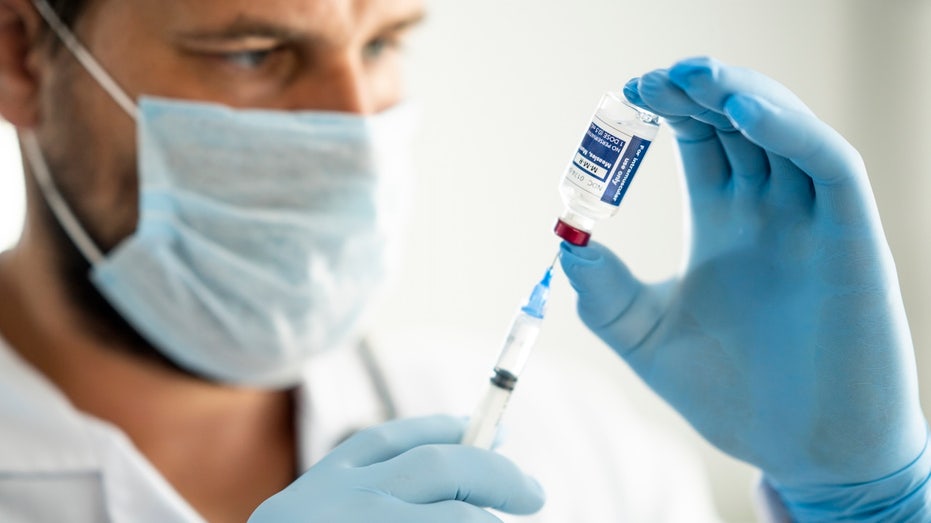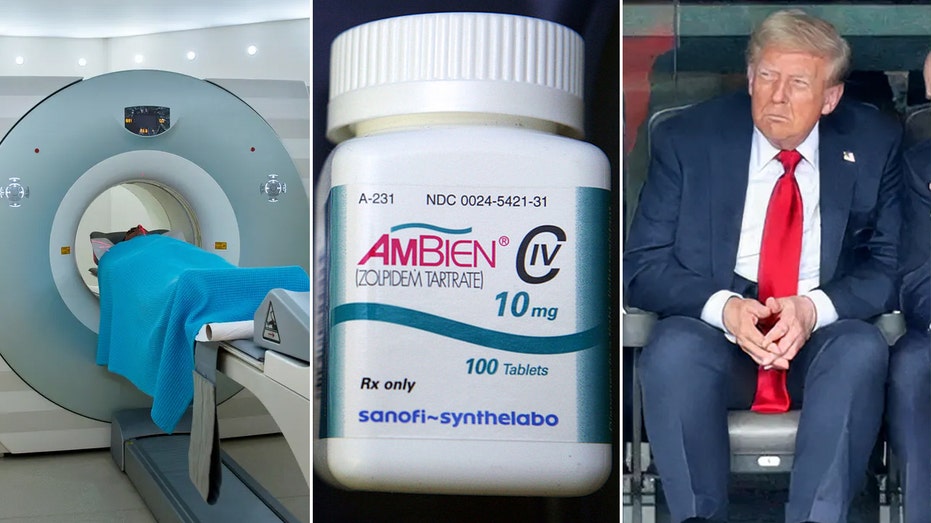Measles Vaccines Given Long Ago Could Be Less Effective Now, Doctors Say

Sarah Johnson
March 3, 2025
Brief
Amid a major measles outbreak in Texas and other states, experts discuss vaccine effectiveness, immunity duration, booster needs, and vaccination recommendations for adults and high-risk groups.
For anyone vaccinated against measles decades ago, there’s a growing concern that the protection may have faded over time. The ongoing measles outbreak in West Texas, with cases also reported in New Mexico, New Jersey, and other states, has reignited discussions about how effective those old vaccines remain.
Measles is an alarmingly contagious virus for the unvaccinated, with a staggering 90% chance of transmission upon exposure. The measles vaccine, introduced in 1968, was followed by the MMR vaccine in 1971, which added protection against mumps and rubella. By 2000, the U.S. had declared measles eliminated, thanks to high vaccination rates.
"The standard recommendation from health authorities like the CDC is a two-dose series of the MMR vaccine," said Dr. Nicole Saphier, a medical contributor. She noted that for most people, these doses provide lifelong immunity, with an efficacy rate of about 97% against measles.
But questions linger as to whether some adults might need a booster shot. Factors like vaccination history, age, and health status play a role in determining the answer. For instance, adults who received both doses as children are likely covered unless they fall into high-risk groups, such as healthcare workers or those traveling to outbreak zones.
Meanwhile, those born before 1957 likely have natural immunity, as they were exposed to measles before vaccines were available. Dr. Saphier also flagged the 1963-1968 vaccination window, during which a less effective inactivated version of the vaccine was used and later withdrawn.
Although studies suggest that antibody levels can wane over decades, actual measles cases among fully vaccinated individuals remain rare. "No hard data says people need a third shot routinely," Dr. Saphier added, but a blood test can check antibody levels for anyone concerned.
Dr. Marc Siegel, another prominent medical voice, emphasized the importance of measles vaccination, especially amid the global surge in cases. He also recommended a "titer test" for travelers to outbreak areas, which measures immunity levels, adding that a booster might be warranted if antibody levels are low.
It’s worth noting that MMR is a live-virus vaccine and cannot be administered to pregnant women or immunocompromised individuals. As with any medical decision, the risks versus benefits should be carefully discussed with a trusted medical professional.
So far in 2025, the U.S. has reported 164 measles cases, with the lion’s share (140) in Texas. Cases have also cropped up in New Mexico, California, Georgia, Kentucky, New Jersey, and Rhode Island. These numbers underscore the need for vigilance, especially given the world’s ongoing struggles with measles outbreaks.
Topics
Editor's Comments
It’s a little unnerving to think that a vaccine you got decades ago might not be as reliable anymore. But hey, science evolves, and so should we. This outbreak serves as a stark reminder that public health victories, like the elimination of measles in 2000, can be fragile without continued vigilance.
Like this article? Share it with your friends!
If you find this article interesting, feel free to share it with your friends!
Thank you for your support! Sharing is the greatest encouragement for us.



